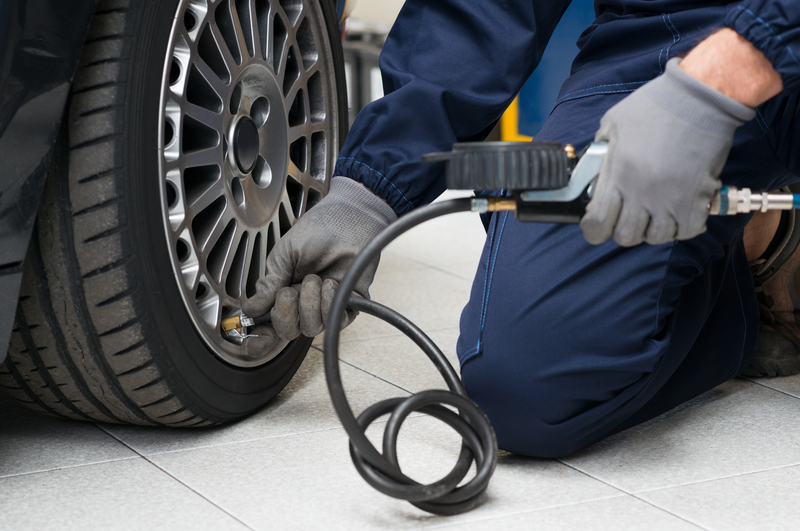Moving into a new residence can be an exciting and overwhelming experience. Whether you have bought a new house, rented an apartment or moved into a new dorm room, adjusting to a new living space takes time and effort. It is important to start off on the right foot when settling into a new residence as it can greatly impact your overall experience. In this article, we will discuss the initial steps you should take when moving into a new residence.
1. Create a Plan for Unpacking
Before you start unloading boxes and furniture into your new residence, it is important to have a plan in place. Create a list of the essential items that need to be unpacked first such as toiletries, bedding, kitchenware, and clothing. This will help you prioritize and tackle the most necessary items first.
Also, make sure to label your boxes clearly so you know which room they belong in. This will save you time and effort when unpacking later on.

2. Clean and Organize
Moving into a new residence is the perfect opportunity to deep clean your space before settling in. Give your new home a thorough clean to ensure it is free from any dust or germs left behind by the previous occupants. This will also help you get acquainted with your new surroundings.
Once everything is clean, start organizing your belongings in their designated places. A well-organized space will not only make it easier for you to find things but also give your new residence a more comfortable and livable feel.
3. Familiarize Yourself with the Neighborhood
Another important step when settling into a new residence is getting to know the neighborhood. Take some time to explore the area and find out where essential stores and services are located such as grocery stores, pharmacies, banks, and post offices. Knowing your way around will save you time and stress when running errands in the future.
You can also take this opportunity to introduce yourself to your neighbors. Building a friendly relationship with them can make you feel more at home in your new community.
4. Set Up Utilities and Services
Most likely, your new residence will need to have utilities and services set up such as electricity, water, internet, and cable. Make sure to contact the necessary companies to arrange for these services before moving in. This will ensure that you have everything you need from the start and avoid any inconvenience or delays.
You might also want to research and compare different providers to get the best deals and services available in your area.
5. Change Your Address
When settling into a new residence, it is important to inform organizations and institutions about your change of address. This includes updating your address with the post office, banks, credit card companies, insurance providers, and anyone else who regularly sends you mail. You don't want important documents or bills getting lost in the mail due to an outdated address.
Changing your address also means updating your information on important accounts such as driver's license, vehicle registration, and voter registration.
Pros:
- Starting off organized can save time and reduce stress in the long run
- Getting to know your new neighborhood can make you feel more at home
- Setting up utilities beforehand ensures a smooth transition into your new residence
Cons:
- Unpacking and organizing can be time-consuming and tiring
- Moving into a new neighborhood means adjusting to unfamiliar surroundings
- Changing addresses can involve a lot of paperwork and notifications
Tips:
- Get rid of any unnecessary items before moving in to minimize clutter
- Take breaks when unpacking to avoid burnout
- Check out local events or activities to meet new people and get familiar with the area

Takeaways:
Moving into a new residence can be an overwhelming experience, but with proper planning and organization, it can also be exciting and rewarding. Taking the time to clean, organize, get acquainted with your neighborhood, set up utilities, and change your address will help you settle in more smoothly.
Conclusion
Making a new residence feel like home takes time, effort, and patience. By following these initial steps, you can make the transition into your new living space easier and more enjoyable. Remember to take breaks when needed and don't be afraid to ask for help from friends or family. With a little bit of planning and some positive mindset, you can make your new residence truly feel like home sweet home.





